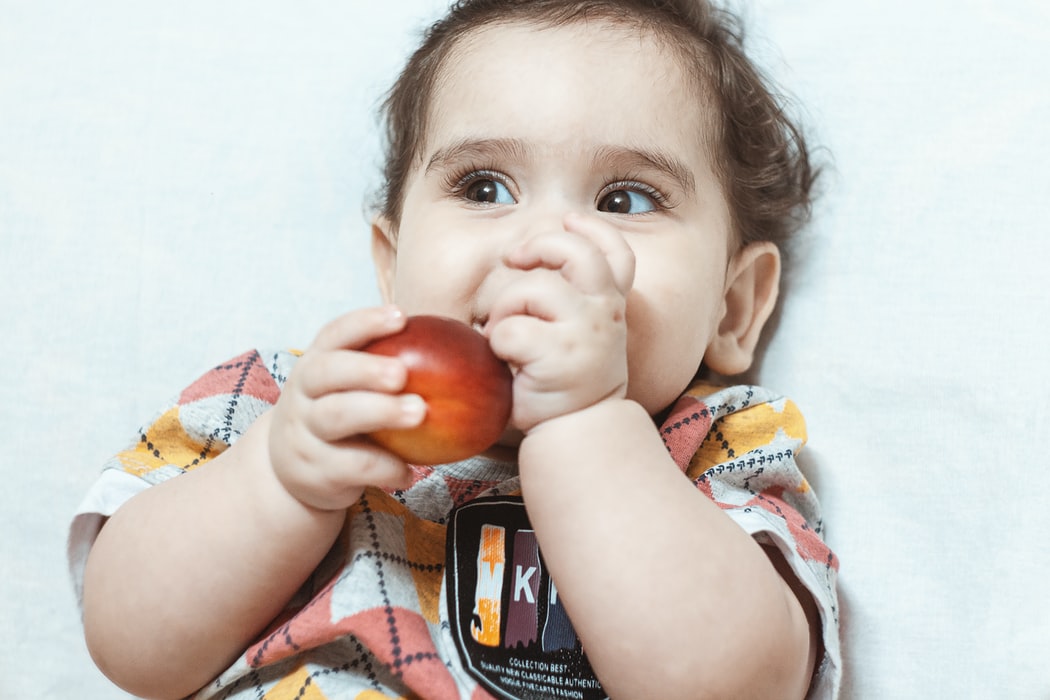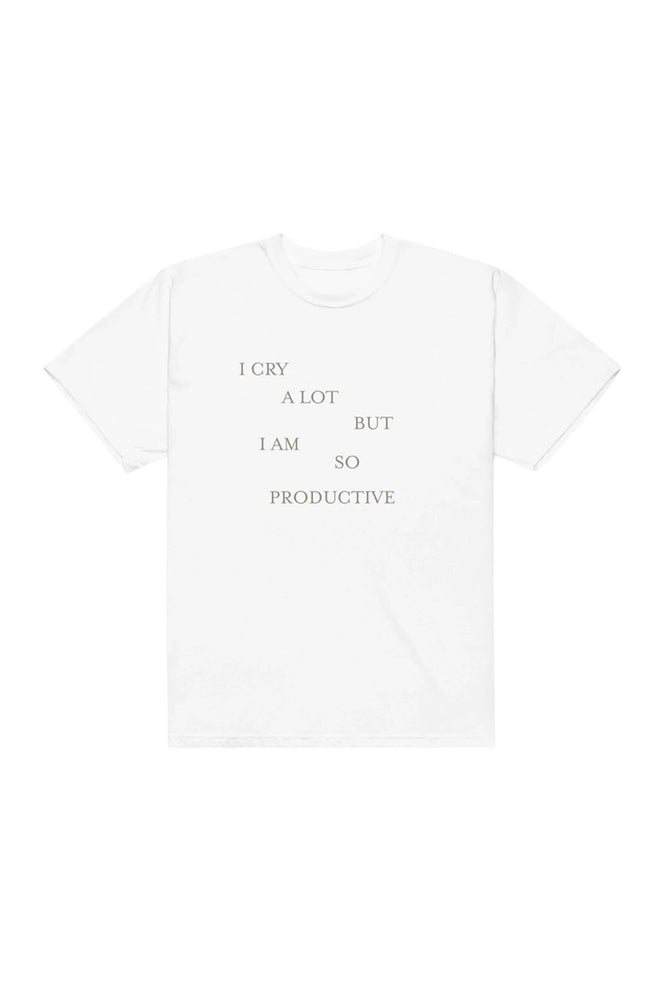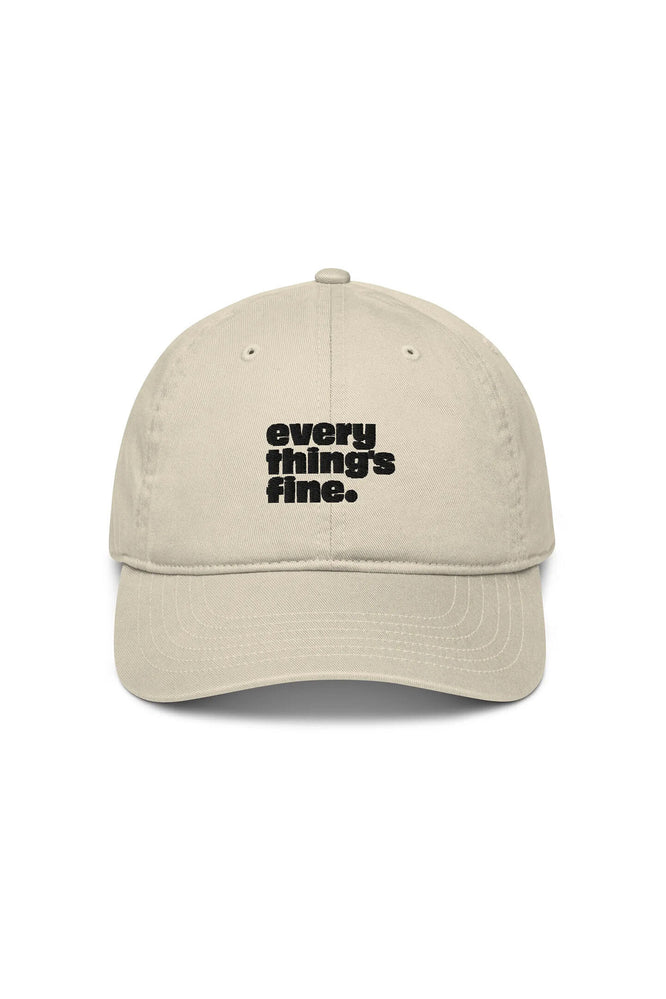Whether you have a kid, are thinking about having a kid, or have been forced to watch a kid, it’s kind of important that you know what babies can and can’t eat before they hit the one-year mark. Like, some things are obvious—don’t give a baby your wine, keep them away from large burgers, and make sure those tiny little hands don’t get a hold of too many clumps of dog hair. But there are several no-no foods that may not be as obvious. So here’s a short and sweet list of the foods to avoid feeding your baby until they’re at least a year old and/or their doctor has given the all clear.
Peanut Butter
So this one may seem obvious, but not for the reasons you think. Peanut butter is an obvious allergen, so you’d need to watch out for any potential reactions, but the big issue here is that peanut butter is a big-time choking hazard because of its consistency. Babies won’t naturally try to chew it, so most will try to swallow peanut butter whole—which, yikes. The best way to introduce peanut butter to help stave off allergies or identify them early is to mix it into purees or baby oatmeal. To do that, you don’t actually have to wait until your baby is a year old. Most pediatricians say 6-8 months is a good place to start.
Honey

Seems weird, right? Honey is an all-natural sweetener and is even cool for my dog to eat. What gives? The biggest issue is that honey isn’t pasteurized and can cause botulism. According to What To Expect, “Honey (or foods made with honey) is off-limits for the first year because it may contain the spores of the bacteria Clostridium botulinum. Although harmless to adults, these spores can cause botulism in babies under one. This serious but rarely fatal illness can cause constipation, weakened sucking, poor appetite, lethargy, and even potentially pneumonia and dehydration.”
Dairy Milk

Cow’s milk is totally chill for your 3-year-old to inhale or for me to spike with Kahlua, but babies under one year should steer clear of that particular white stuff. First, it doesn’t contain enough of the iron and nutrients babies need. What it does have, however, are nutrients (and sodium) that babies less than a year old can’t digest too well. Milk in things like cottage cheese, whole milk yogurt, and other items is totes fine, though.
Popcorn, Grapes, And Nuts
Choking hazards, ahoy. Although all of these seem like fun finger foods for babies, they’re hard and can easily lodge in a baby’s throat—even after being chopped up. Although it may seems like popcorn would just sort of dissolve in your mouth, it can actually become sticky, making it impossible for little ones to chew. Grapes end up being slippery, and can easily slide down throats. Purees and nut butters are fine, but skip these whole items until your baby is at least four years old.
Unpasteurized Foods
Sorry, but your baby cannot partake in your wine and cheese night if said cheese is unpasteurized. According to the NHS, “Babies and young children shouldn’t eat mould-ripened soft cheeses, such as brie or camembert, or ripened goats’ milk cheese and soft blue-veined cheese, such as Roquefort, as there’s a higher risk that these cheeses might carry a bacteria called listeria.” Fun fact, though: if you really want your baby to be fancy, he or she can have something like baked brie, as cooking kills listeria. Aside from cheese, make sure to also avoid things like unpasteurized fruit juices or raw milk.
Images: Giphy (3), Hessam Nabavi, Unsplash









































